Engineered Wood Vs Solid Wood: Know All The Differences
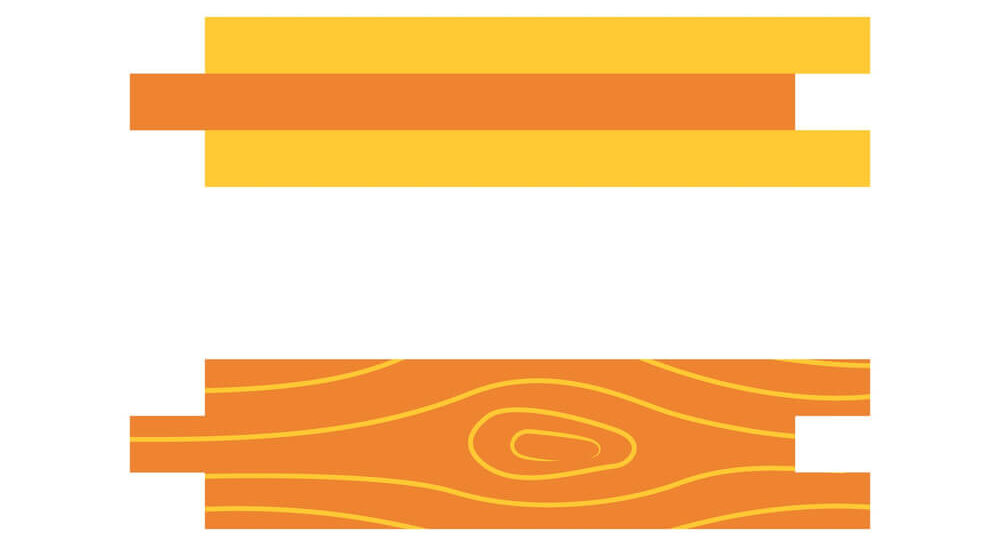
When it comes to home design, engineered and solid wood floors are the most popular hardwood flooring options. But with so many different properties, it can be difficult to know which one is the right choice for you.
Engineered wood vs solid wood vary greatly in their appearance, cost, installation, refinishing, durability, and much more. The choice ultimately comes down to your personal preferences and needs.
Being experts, We have performed extensive research, consulted a number of other flooring professionals and homeowners for honest reviews to provide you with all the reliable information at one place.
In this article, we will discuss every minor to major detail of both floors, guide and flooring tips to make an informed decision about choosing one for your home.
Engineered Wood vs Solid Wood: What’s the Difference?
Before moving further, let’s have a quick overview of the key differences between engineered and solid hardwood.
| Features | Solid Wood Floors | Engineered Wood Floors |
| Construction | One solid hardwood | Multiple thin layers of hardwood over a plywood sheet |
| Size | Plank Thickness: About ¾ inchesPlank Width: 2 1/4 to 4 inchesPlank Length: 12 to 84 inches | Plank Thickness: ⅜ to 9/16 inchesPlank Width: 2 1/4 to 7 inchesPlank Length: 12 to 60 inches |
| Lifespan | About 30 to 100 years | About 20 to 40 years |
| Cost | $8 to $15 per square foot | $3 to $14 per square foot |
| Installation | Nail down, tongue and groove | Nail down, floating or glue |
| stability | Damage or warp in humid or damp conditions | Withstand high pressure to avoid warping |
| sanding/refinishing | Four to five times | Once or twice |
| cleaning | Both dry can be used | dry or damp mop is preferred |
| Moisture resistance | Moisture resistant but not waterproof | More water resistance than solid hardwood floors, not waterproof |
Mentioned above were some of the basic differences between engineered and solid wood floors. Remember, these are not enough if you are planning to make a purchase. To make it even easier and clear to you, we have included all differences down below.
Some Major Differences Between Solid Vs Engineered Hardwood Floors
1. Composition & Making
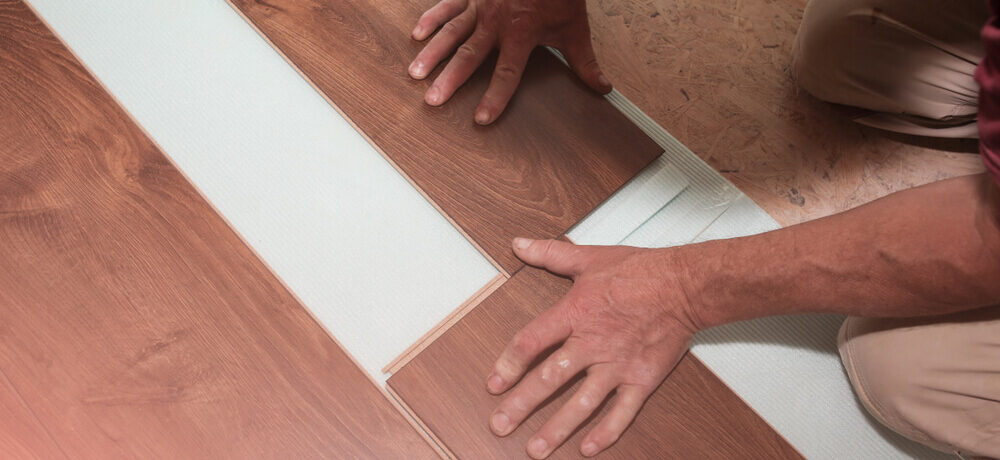
Solid Wood
Solid wood is made from a 100% original one single piece of hardwood, with no additional layers or veneers. It is considered a “gold standard” in the flooring world due to its durability. It is often used for high-end furniture and cabinetry. It usually uses hardwood species, such as oak, maple, or walnut. Solid wood is famous for its natural beauty and timelessness.
Engineered Wood
Engineered wood is made from several layers of wood glued together over a high density substrate i.e, plywood board to create a single plank. The layers are arranged in a way that makes the wood stronger and more stable than solid wood. Engineered wood contains a hardwood veneer on the top layer, which gives it the appearance of solid wood.
How is Engineered Wood Made?
The wood boards used to make engineered wood are typically arranged with the grain of each layer perpendicular to the layer above and below it. This is known as cross-ply construction. This arrangement helps to create stable planks of wood. The layers are then glued together under high pressure and heat to create a strong and durable material.
Best Pick
Based on their composition, the choice of flooring really boils down to your personal preference.
2. Size
- Solid Wood
Solid hardwood floors are usually available in narrower boards. Its size ranges from 2 1/4 inches to 5 inches in width, and longer lengths, up to 84 inches. This is due to the limitations of the natural hardwood material, which can only be harvested in certain sizes. The narrow boards of solid hardwood can create a more traditional and timeless appearance.
- Engineered Wood
Engineered hardwood floors are manufactured in wider planks. Its size ranges up to 7 inches or more in width, and shorter lengths, up to 60 inches. However, the length of the boards may still be longer, up to 72 inches or more. The wider planks of engineered hardwood can give a more modern look to the flooring.
Best Pick
Ultimately, the size of the flooring you choose depends on your personal preference and the design aesthetic you’re looking to achieve.
3. Appearance
- Solid Wood
Solid hardwood floors contain longer planks with a width of around 2 1 ⁄ 2 to 4 inches. These floors come in a wide range of colors and styling options. Solid floors are available in both pre-finished and unfinished form. Once installed, they have tight seams between the boards.
- Engineered Wood
Engineered wood floors are made up of shorter and wider planks which usually have beveled edges. This creates small grooves on installations. In terms of appearance, they are similar to solid hardwood floors. No one can differentiate between both of them by looking at their looks. However, these floors come in a narrow range of colors and styles.
Best Pick:
Both engineered and hardwood floors tie for their appearance. It depends on your personal choice which style and color you chose
4. Durability
When it comes to durability, both engineered and solid wood have their strengths and weaknesses. Here are some things to keep in mind:
- Solid Wood
Solid hardwood floors are made of a single solid piece of hardwood. They are generally more durable than engineered floors. They can be sanded and refinished multiple times over their lifespan. This means that scratches, dents, and other damage can be easily repaired, allowing solid hardwood floors to last for decades. Industry experts suggest to refinish solid floors two to three times. But professionals have claimed the 12 times refinish as well without any damage or loss. Solid wood floors last about 30-100 years
- Engineered Wood
Engineered hardwood floors can only be refinished one time or maximum two to three times, due to the thin layer of hardwood on top. However, they are also a durable flooring due to their great resistance to water, heat and moisture. Engineered wood floors last about 20-40 years.
Best Pick
Overall, both solid floors are durable options for flooring, but solid hardwood floors have the edge in terms of longevity and ability to be refinished.
Resistance To Moisture & Heat
Heat and moisture are the most common elements that may affect the floors. Both solid and engineered wood are resistant to heat but they perform differently for water and moisture.
- Solid Wood
Solid hardwood is a strong flooring but not resistant to moisture. Therefore, it is not recommended to install it over concrete, wet or humid places. Moisture from the concrete reaches the floor, causes it to swell, and warp.
- Engineered Wood
Engineered wood is less susceptible to any damage caused by water or moisture. It performs better in humid areas. Its plywood board creates a great resistance. Remember, they are water resistant, not waterproof. Which is why they are not preferred for extremely wet areas, like the bathroom, kitchen, basement or laundry areas. However, they can be easily installed over concrete.
Best Pick
Both floors cannot be used in truly wet places. However, engineered flooring is preferred for damp, humid or moist areas
6. Cost Guide: Engineered Wood Vs Solid Wood
One of the most significant factors that will influence your decision is the cost. Here’s what you need to know:

- Solid Wood
What is the Cost of Solid Wood?
Generally, solid hardwood is considered one of the expensive flooring options. On average, pre-finished wood costs around $8 per square foot. This price ranges from $4-$12 per square foot.
Factors that Affect the Cost of Solid Wood
There are several factors that can affect the cost of solid hardwood floors. It includes the type of wood, grade of wood, size of wooden planks, grain alignment, finishing, area, and condition of sub floors.
- Engineered Wood
What is the Cost of Engineered Wood?
Engineered hardwood floors are slightly less expensive than solid wood floors. Its price ranges from $2.50 and $10 per square foot. Most of the styles available in the market cost about $4 to $7 per square foot.
Factors that Affect the Cost of Engineered Wood
Many different factors affect the cost of engineered wood flooring. It includes the type, quality, and thickness of the top layer of hardwood veneer, number of layers of boards, size of planks, area, installation method, and labor required.
Remember, while estimating the cost, don’t forget to include the cost of labor, prep, and other minute expenses with the cost of material. Always keep 10% extra budget while installing floors.
Best Pick
Engineered wood wins in terms of cost. Add 3-10% additional installation cost depending on the area of installation and complexity of the process.
7. Comfort & Sound
Comfort and sound are the important features to consider while selecting floors for your home.
- Solid Wood
Solid wood floors have great acoustic properties. Glue or nail them down gives a stable installation which is why they usually do not create any hollow or shrill sound. If a sound is produced, the hardness of the floor distributes it evenly in the room. At first, you may hear some creaking or squeaking sound. Do not worry.This is due to the settling of wooden planks. However, if this sound continues for months and months. It highlights the sub-floor issue or poor installation.
When it comes to comfort, a solid hardwood floor is hard underfoot. It may be softer than floors like tile or concrete but harder than engineered wood floors.
- Engineered Wood
Engineered hardwood floors are usually installed through a floating method, which means multiple layers of wooden planks are layered together without any adhesive or nails. These floating floors create a hollow sound when you walk on them. This sound can be removed by using a high-quality underlay under the floors and using high quality plywood veneers.
Coming to comfort, they feel softer than solid hardwood floors. Adding a layer of mat or rug on them would be a plus for extra softness.
Best Pick
Solid wooden floors get an edge in terms of sound whereas engineered hardwood floors are preferred for a softer feel.
8. Environmental Impact
- Solid Wood
Solid hardwood floors are considered more environmentally friendly because they are made from natural wood and are biodegradable. However, the production process for these floors can result in deforestation, habitat loss, and soil erosion.
- Engineered Wood
Engineered hardwood floors are made from recycled wood products. They are more sustainable. The production process for these floors uses less wood and energy than solid hardwood floors. It makes them a more eco-friendly flooring option.
The environmental impact of both types of hardwood floors depends on a variety of factors. It includes the specific materials used, production process, and the end-of-life disposal method. It’s important to consider the full lifecycle of the product and choose a hardwood floor that is sustainably sourced and produced.
Best Pick
Among both of these floors, engineered wood gets an edge for being more environment friendly compared to solid wood floors.
9. Cleaning
Both solid and engineered hardwood floors have very slight differences in their cleaning.
- Solid Wood
Solid hardwood floors are so easy to clean. Sweep or vacuum regularly to remove loose dirt and debris. For thorough cleaning, a damp mop can be used. It is important to avoid using excessive water, as it can damage the flooring. Instead, use a slightly damp mop or microfiber cloth to clean the surface.
Remember, avoid using harsh chemicals or abrasive cleaners on solid wood floors because they can damage the finish. Use a cleaner specifically designed for hardwood floors or a mild solution of water and vinegar or bleach. Remove any standing water on the surface of the hardwood, as this can cause the wood to warp or buckle.
- Engineered Wood
Engineered hardwood floors require gentle care. It is generally safe to use a slightly damp mop on these floors. Avoid using excessive water. It is important to avoid using any cleaning products that contain ammonia or wax because they can damage the finish of the flooring.
Best Pick
Both floors tie in their cleaning. They are relatively easy to clean and require special care.
10. Resale Value
Solid hardwood floors and engineered hardwood floors differ in their construction and properties, which can affect their resale value.
- Solid Wood
Solid wood floors are made of a single piece of solid wood and are thicker floors. They are more durable and long-lasting. They can be refinished multiple times over the years. As a result, they may have a higher resale value than engineered hardwood floors.
- Engineered Wood
Engineered hardwood floors are made of multiple layers of wood with a thin veneer of hardwood on top. They are less expensive than solid hardwood floors, but they may not be as durable or long-lasting. They cannot be refinished as many times as solid hardwood floors, which can affect their resale value.
Best Pick
Solid hardwood floors may have a higher resale value than hardwood floors. The resale value of floors depends on many factors, such as the quality of the materials, the installation, the maintenance, and the overall condition of the floors.
FAQs

- Which Is Better Engineered Wood Or Solid Wood?
Engineered wood is more stable and affordable. It can be used in many environments. Solid wood is more durable, can be refinished multiple times, and have a higher resale value. The choice of engineered wood or solid wood depends on your needs and personal preferences.
- Is Engineered Wood As Strong As Solid Wood?
Engineered wood is considered more strong than solid wood due to its manufacturing process and grain alignment. Its making involves bonding layers of wood boards together using adhesives which results in a strong and durable product. However, the strength and durability of engineered wood can vary depending on the quality of the materials and manufacturing process used.
- What Are The Disadvantages Of Engineered Wood?
Engineered wood is vulnerable to water damage and may swell or warp. It also contains formaldehyde, a harmful chemical that can be released into the air. Additionally, it may not have the same durability and longevity as solid wood. They are not able to be refinished as many times.
- Which Is Cheaper Solid Wood Or Engineered Wood?
Engineered wood is cheaper than solid wood because it uses a combination of materials from low to high quality wood. However, the price varies depending on the quality of the materials used, the thickness of the veneer, and the brand. Solid wood is more expensive but more durable and offers a longer lifespan.
Conclusion
Undoubtedly, both engineered vs solid hardwood floors have their own properties, pros & cons, similarities, and differences. Some people love to install solid hardwood floors due to their durability and longer lifespan whereas others prefer engineered hardwood floors due to low cost, easy installation, and higher moisture resistance. At the end of the day, it all depends on your budget and personal choices.

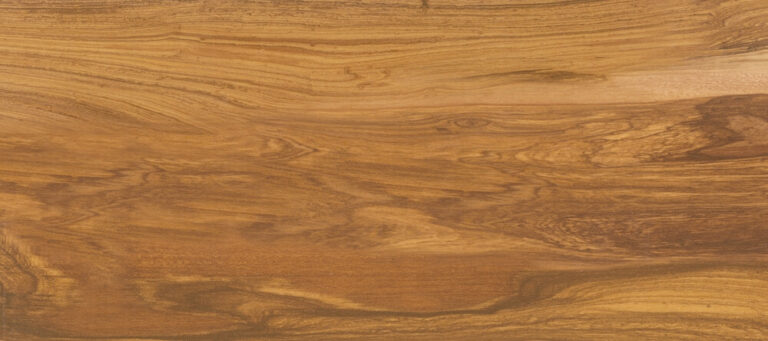
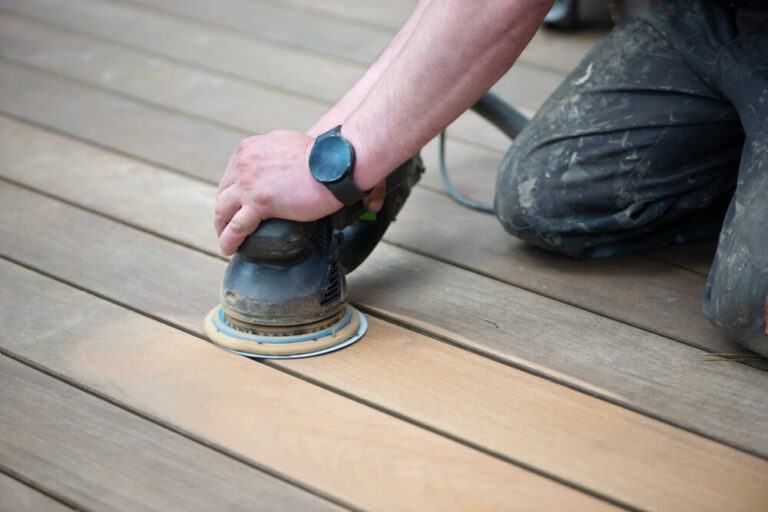
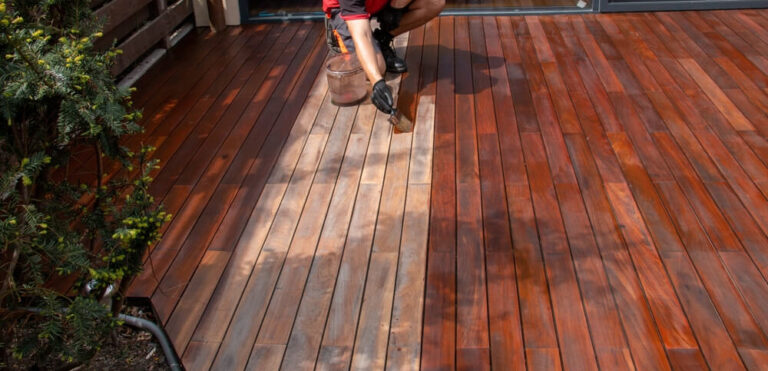
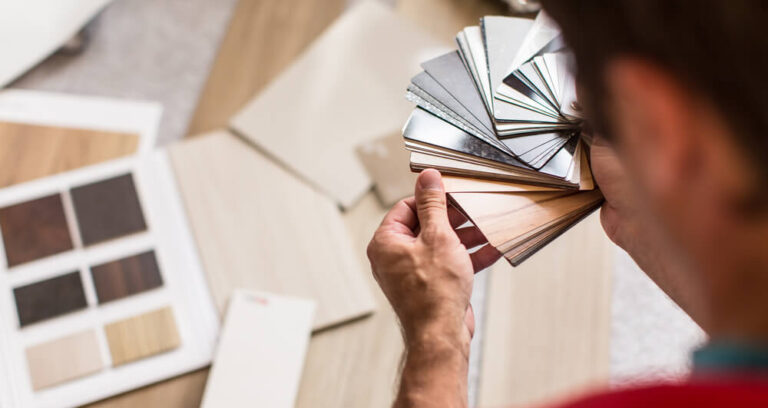

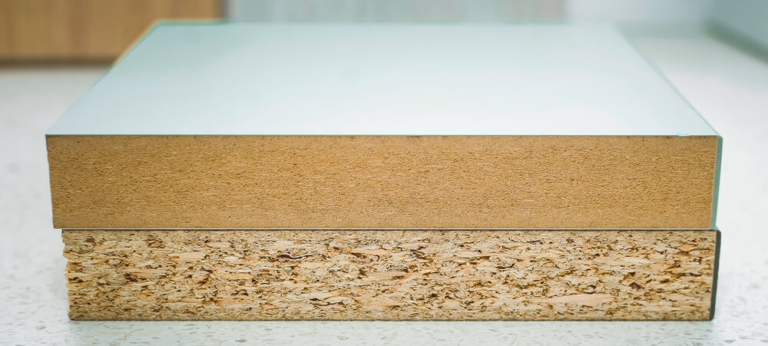

3 Comments